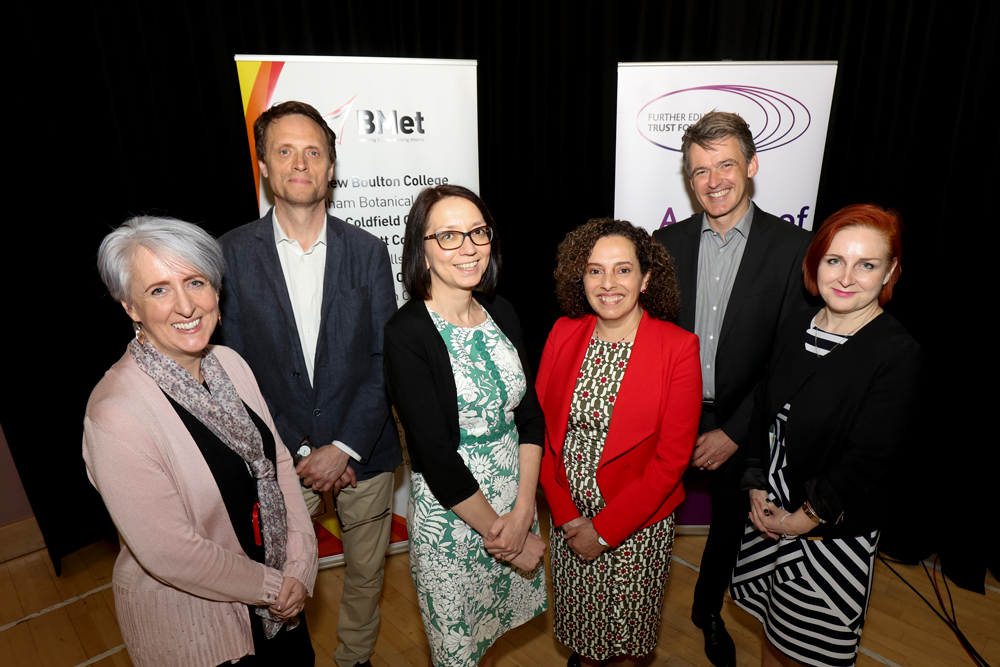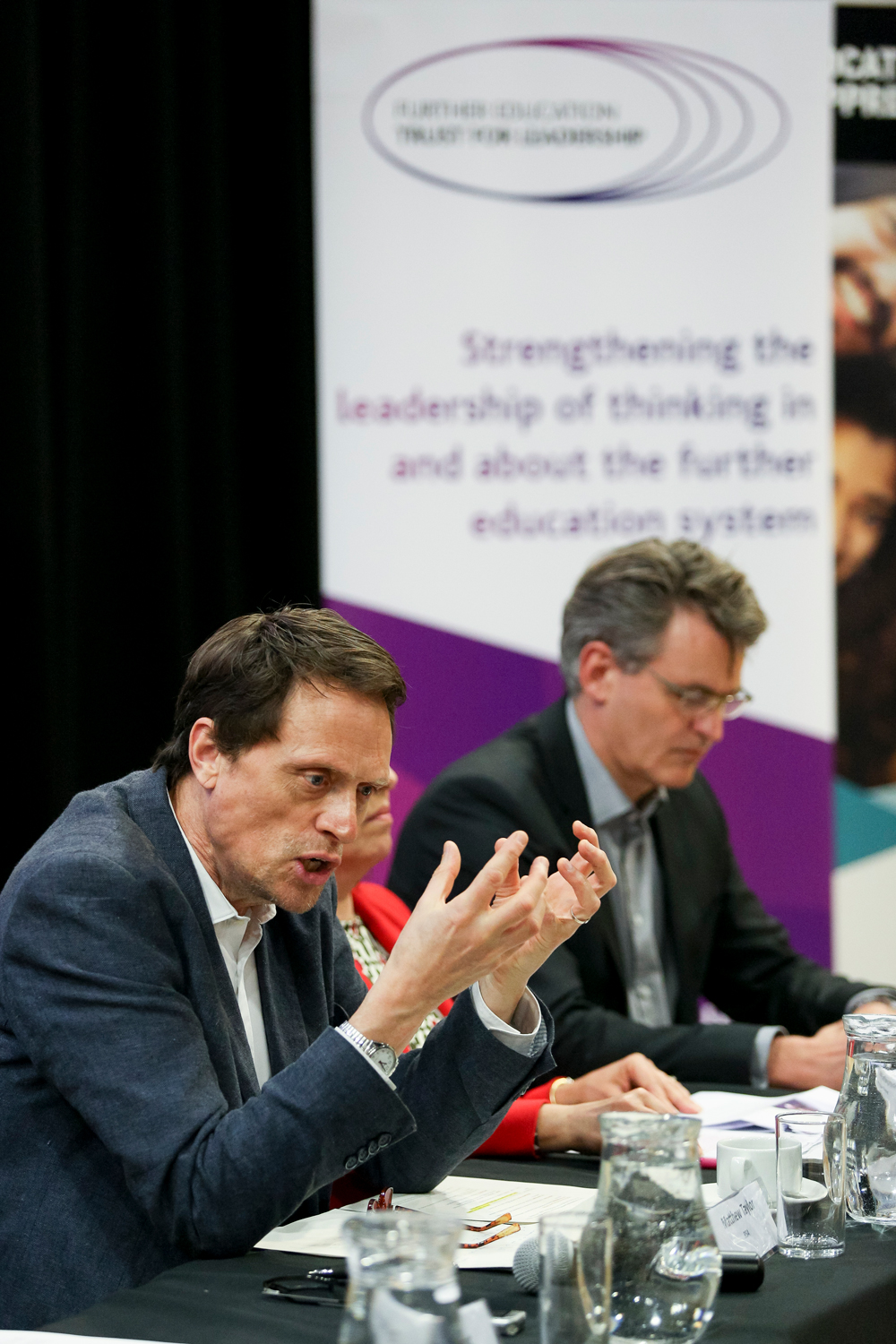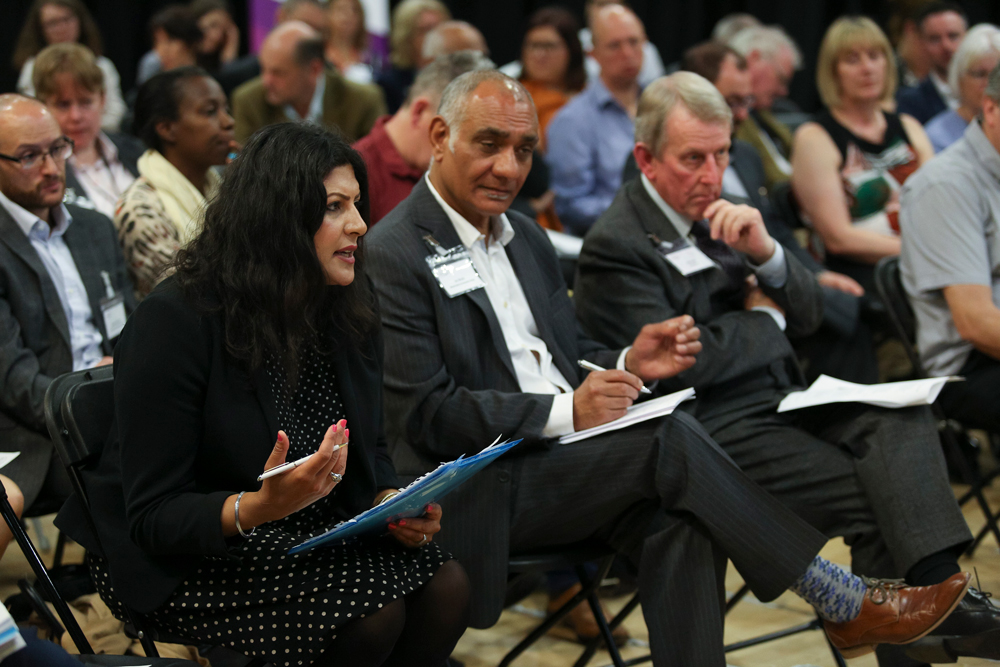
People, purpose and place: Thinking about the future of FE and skills
Ricky McMenemy reflects on FETL’s Spring Symposium, which focused on the role of place in relation to further education and skills
Place, it’s often said, is at the heart of further education and skills. Colleges and independent training providers are rooted in their localities like no other education providers, often relying on the strength of their links to local businesses and other organisations in the community to meet the needs of their students. The purpose of the sector is inextricably tied to the added public value providers bring to their communities. Yet, despite the obvious importance of place in our thinking about what we do, and the increased focus on localism in skills policy in recent years, it is evident also that the role of place is not particularly well understood or carefully defined. That was why the Further Education Trust for Leadership chose place as the topic of its 2018 Spring Symposium, held in Birmingham on 20 April. As chair Matthew Taylor, Chief Executive of the RSA, made clear, there is a good deal of thinking to be done about the role of place in further education and skills and the extent to which developing skills policy around the notion is a good idea.

This is fascinating territory for me. As managing director of a restaurant with some 100 employees, I recognise the importance of a strong, local FE and skills presence in ensuring access to high-quality training and development for my staff. But I can also see that this is only possible in the right national policy environment and that, sometimes, that environment can hinder rather than help providers in delivering what their local businesses and local communities need.
Fiona Aldridge, Assistant Director for Research and Development at the Learning and Work Institute, made this point well. It is important that we meet local need but, at the same time, there needs to be a core of provision so learners are not subject to a lottery when it comes to the skills they want and need. Yet, while some sort of national framework, such as the national employability framework envisaged by Matthew Taylor, is desirable, the self-defining ground-up nature of place makes some tension between national and local levels inevitable. There are questions here not only about what sort of framework we want but also about what flexibility it can have to reflect the needs of different communities. A key factor, as Matthew Taylor pointed out, citing his colleague Anthony Painter’s FETL-supported work on cities of learning, is that there is some dimension of local specificity, some sense of local ownership.

Place, of course, means different things to different people. Julie Nugent, Director of Productivity and Skills at West Midlands Combined Authority, observed that people tend not to respect administrative boundaries, highlighting the necessity of responding to local need however it manifests itself, whether that is at the level of neighbourhoods, communities, cities or regions. Establishing good partnerships and wider collaborations – seeing the challenge as a ‘joint endeavour’ – is key to ensuring the system is able to respond in an agile and creative way to people’s needs. That local focus and responsiveness is critical, which is why local solutions are preferable to those imposed centrally, she said.
Marguerite Ulrich, Chief HR Officer of global training company, Veolia UK and Ireland, agreed, noting the challenge of ensuring this kind of local responsiveness as part of a global training company, but also highlighting how partnerships with other agencies and employers were key in responding to often wildly different local skills and employability needs. Mark Dawe, Chief Executive of the Association of Employment and Learning Providers, supported the idea of national entitlements but argued they should have ‘enough space’ to be successfully applied at a local level: ‘What’s right for the whole population but applied in a local way’.
Preet Kaur Gill, MP for Birmingham Edgbaston, described some of the skills problems facing Birmingham and highlighted the vital role of further education in tackling social and economic injustice and addressing the skills needs of all our people and all our communities. The skills agenda had to be fully inclusive, she said, reaching, in particular, those furthest from education and training. Julie Nugent supported her point, noting that local economic growth needed to be inclusive and that collaboration between local government, businesses and colleges, looking in ‘granular detail’ at local need, was essential in overcoming the silo thinking that, she felt, beset national-level policy.

It was a fascinating event, well attended by people from across the sector and beyond it. Creating national frameworks that leave enough flexibility for genuine local ownership is a real challenge. Partnership is critical, of course, but there is a balance to be struck between the different players, and, as one audience member noted, while this clearly is not rocket science, in is, in all probability, much harder than that! It will require some level of trust, some courage and some sacrifice, a willingness to work together and an unfeigned desire on the part of central government to relinquish some of its power. Undoubtedly, there is an opportunity here for colleges, training providers and other stakeholders to take a lead and demonstrate genuine collaboration across agendas to meet needs on the ground in as inclusive a way as possible. The localism agenda has created some space for manoeuvre. Sector leaders need to be bold in exploiting it.
Ricky McMenemy is Chair of the Further Education Trust for Leadership and Managing Director of Rules Restaurant in London





















































































Hi there, just became alert to your blog through
Google, and found that it’s truly informative. I am gonna watch out for brussels.
I’ll appreciate if you continue this in future. A lot of people will
be benefited from your writing. Cheers! Lista escape roomów